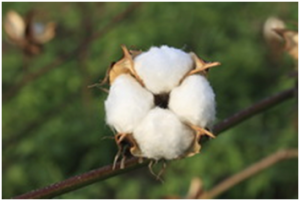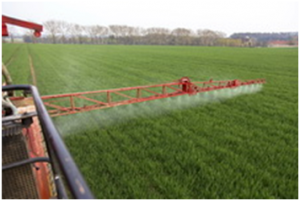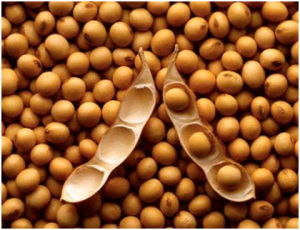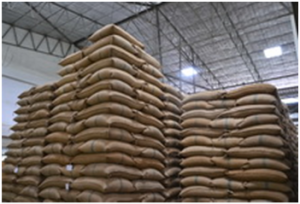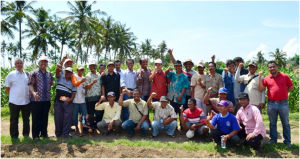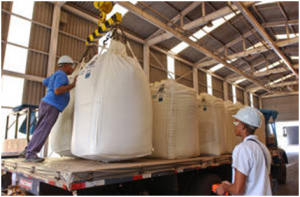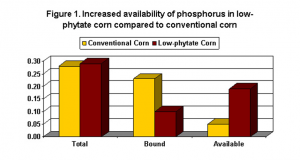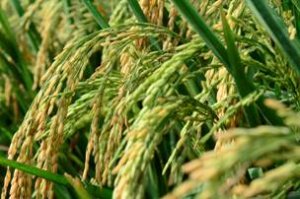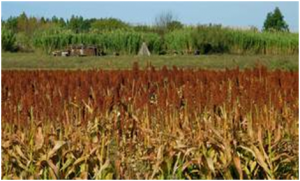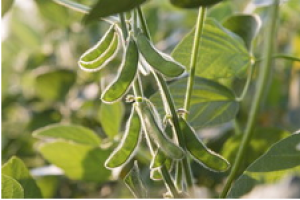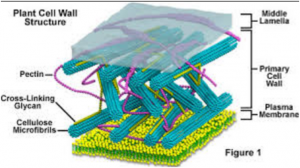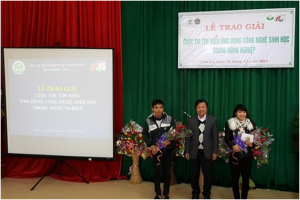|
Transgenic Sweet Corn Found Not More Susceptible to Goss`s Wilt Disease
Sunday, 2016/02/28 | 05:59:48
|
|
Transgenic crops expressing resistance to the herbicide glyphosate (GR) have been commercialized and planted widely across the U.S. for two decades. Claims have been made that glyphosate and transgenic traits have made corn plants more susceptible to crop diseases, linking the rise of corn diseases like Goss's wilt, which causes leaf blight and systemic wilt, to the adoption of transgenic corn across the U.S.
However, a new study from the USDA-Agricultural Research Service (ARS) provides empirical evidence showing no increase in disease susceptibility in transgenic sweet corn treated with glyphosate.
The team tested a fresh-market sweet corn hybrid varying in the absence or presence of the GR+Bt transgenes. Both sweet corn lines were inoculated with the bacterium that causes Goss's wilt before or after a label-standard glyphosate application.
Approximately one-half of the inoculated plants developed symptoms of Goss's wilt, regardless of the presence or absence of transgenic traits. Moreover, the timing of disease inoculation with respect to glyphosate application also did not influence Goss's wilt incidence or severity.
The application of glyphosate to the transgenic line actually increased yield compared to plants not treated with the herbicide. Yield measures included marketable ear number, marketable ear mass, and kernel mass.
The explanation may be hormesis, in which plant growth is stimulated as a result of a low, sub-lethal dose of a toxin and has been observed in glyphosate-treated plants in other studies.
Learn more at the University of Illinois at Urbana-Champaign website. |
|
|
|
[ Other News ]___________________________________________________
|


 Curently online :
Curently online :
 Total visitors :
Total visitors :



